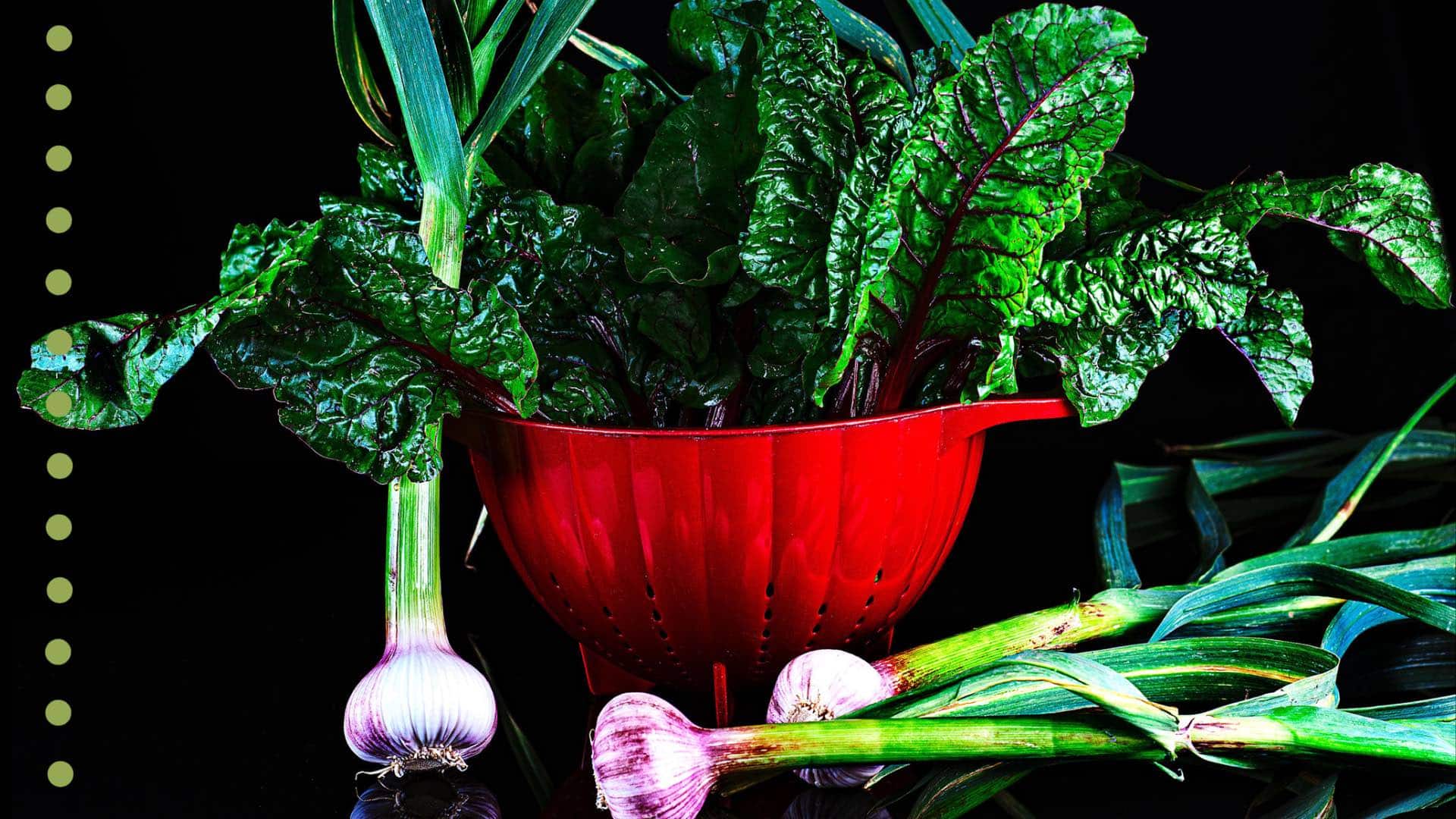What is vitamin K?
Vitamin K is important for blood clotting and maintaining bone strength. There are two types of vitamin K:
- Phylloquinone (Vitamin K1): the primary type which is found in leafy green vegetables like kale and spinach.
- Menaquinones (Vitamin K2): found in meat and fermented foods such as cheese and sauerkraut. It can also be produced by bacteria in the human body.
If you are taking a blood thinner such as warfarin, it’s crucial to get about the same amount of vitamin K each day.
Vitamin K Benefits
- Builds proteins for blood clotting
- Produces healthy bone tissue
- Improve cardiovascular health
How much vitamin K do you need per day?
- Adult Women: 90 mcg
- Adult Men: 120 mcg
- Pregnant/Breastfeeding Women: 90 mcg
Natural sources of vitamin K
- Phylloquinone
- Green leafy vegetables: collard and turnip greens, kale, spinach, broccoli, Brussels sprouts, cabbage, lettuces
- Soybean and canola oil
- Menaquinones
- Natto (fermented soybeans)
- Meat
- Cheese
- Eggs
Learn about vitamin K deficiency symptoms.
Further reading: Harvard School of Public Health, National Institutes of Health
